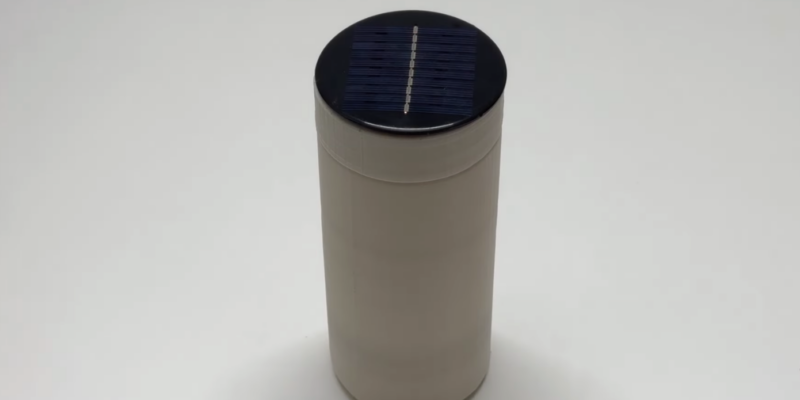
MitchElectronics is a UK company making a range of electronics kits. It has a fascinating range of projects available – from programmable logic controller boards, to tiny kits that make a single NAND gate out of a couple of transistors. Some of its kits are tools or utility-type projects, like an audio Datacorder, Logic Probe, or even a Sound Card Scope (oscilloscope) project, and they are targeted at makers or people involved in electronics education.
We have a few of the firm’s kits, and we assembled the Traffic Lights one as the basis of this review. The kit comes in a couple of options: firstly, there’s the full version, which consists of a controller PCB and a traffic light-shaped PCB that hosts the LEDs. The traffic light board is plugged into the controller board via a simple, but effective, header pin and socket. The other option allows you to buy sets of three of just the traffic light PCB and components.
The kits are nicely packed in an anti-static bag, and the bag has a QR code on it which links you directly to the instructions. MitchElectronics has created nice individual instructions for each kit that include a schematic, a component guide, a bill of materials, and a section describing how the circuit works.
The circuit descriptions are well-written and, in the case of the Traffic Lights kit, describe the function of the 555 IC that is acting as a clock source for the CD4017 decade (0–10) counter. It goes on to describe how the 4017 IC outputs interact with the diode matrix to create the timings for the different LED states that match traffic light function in the real world. There’s a separate guide about how to physically install components and construct the kits, and that document applies to the whole kit range. Both sets of documents are well laid out and clear for individuals building the kits, but we feel they could also be useful for educators using the kits to deliver electronics learning.

Soldering the kit was straightforward. The PCBs are nicely laid out, with plenty of space between components and decent pad sizes, so everything fits well and it’s hard to create accidental solder bridges. Everything is through-hole, and we just needed the basics of a soldering iron and some snips to assemble the kit. We liked that MitchElectronics included sockets for the ICs, as sometimes these components may be cut from kits to save money. Including the sockets decreases the risk that an inexperienced solderer will overheat the IC, and allows a wrongly oriented IC to be corrected easily.
Building the kit, starting with the smallest components (resistors and diodes) and moving through to the larger components (sockets and capacitors), we found it went together well. We used quite a broad chisel tip on our soldering iron and 0.8 mm solder, and this was fine. It could certainly be soldered with a budget-friendly beginner’s soldering iron with a larger tip. Satisfyingly, attaching a 9 V battery after completing the build, everything worked as it should and the traffic lights operated as intended. As an aside, we wonder if anyone has 3D-printed a case for the traffic light PCB to make it look like a more scale model of a real set of lights!

We also have the Electronic Dice kit and the Transistor Flasher kit, and we are interested to try some of the even smaller kits, like the individual Logic Gate kits. These kits range in price from £2.49, up to £4.99 for the full Traffic Lights kit as reviewed. We feel that makes them a very viable option for those wanting to host ‘learn to solder’ workshops, those in more formal education settings, and also those who want a cheap, rainy afternoon activity at home.
VERDICT
With great instructions and education materials, this quality RoHS-compliant kit was a pleasure to build at a decent price.
9/10





